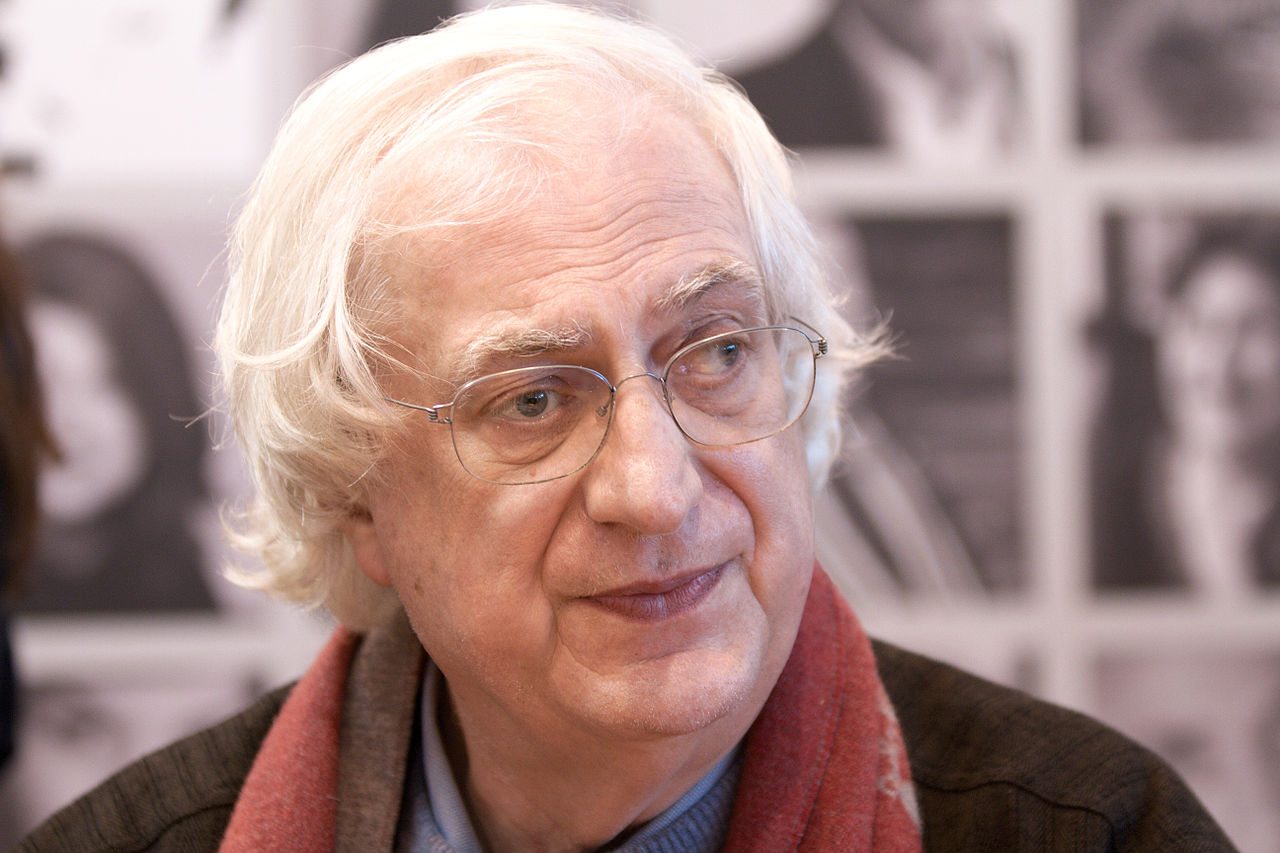A Journey Through French Cinema
Clocking in at just over 3 hours, I have to admit that the director, Bertrand Tavernier’s A Journey Through French Cinema is not a documentary on French film classics for the faint-hearted. Even as an English and French student, I did have a moment of worry that I would find it too long. However, I was gladly proven wrong.
For those of you who aren’t the biggest aficionados of French cinema, don’t let the running time or any other worries deter you. While Bertrand Tavernier’s documentary isn’t a rehash of the basics, his position as one of the greatest French film directors and expert on French cinema has created a documentary that provides a broad overview of the history with enlightening explanations of the charm and skill of key moments in the past century. Plus Tavernier’s passion is very infectious and you can’t help but giggle along with him when he adds interesting, personal anecdotes of iconic moments to make them more relatable.
His ability to add a personal touch in structuring the film as a journey through his own personal history with film makes Tavernier’s narration a delight
In fact, it’s Tavernier’s role in the industry that makes this a standout work. From his ability to fairly criticise some limitations of other composers, actors or directors to adding a personal touch in structuring the film as a journey through his own personal history with film, Tavernier’s narration is a delight. I particularly enjoyed the fact that he didn’t ignore crucial parts of filmmaking by including a discussion of composers like Joseph Kosma. Tavernier’s experience is such a boon here as he acknowledges the importance of the music in a film as well as reinforcing his down to earth personality by highlighting his own hijinks behind the scenes of the film industry.
This choice to simultaneously take a chronological walk through a personal and a country’s history, starting from his first experiences of going to the cinema, gives a great insight how film resonates with people. Obviously this was a great opportunity for enthusiasts of Tavernier’s work to hear what inspired him as a child stricken with tuberculosis in post-WW2 Lyon, but this personal touch prompted some self-reflection for the audience on what filmic moments we would consider the most influential.
The personal is unavoidably political here too, with the war and Vichy government’s choice to collaborate with France not being ignored. In fact, Tavernier quite rightly doesn’t ignore in his discussion of the director Jean Renoir and the iconic Jean Gabin. The only small complaint that I could make, is that you sometimes question how unbiased Tavernier can be, when you consider the friendships he has.
I enjoy the fact that a film can be an excellent form of revision
Also, I don’t proclaim to be an expert on French cinema, I just enjoy the fact that a film can be an excellent form of revision. The documentary is very helpful in comparing certain French genres against American movies, like crime films. This may not be a regular feature, but it is a key part of the film as, after all, we are watching a documentary on French cinema and to identify the qualities of Gallic film, it really does help to put it in context of other cinema industries, especially one as well-known and pervasive as Hollywood.
On the whole, Tavernier has created an excellent documentary for both newbies and experts that plays homage to the celebrated and wonderful history of French cinema. It may seem like a long film, but when you consider the depth and colour of the history, Tavernier does a fantastic job in making it a waltz worthy of La Grande Illusion through the colourful past of cinema, rather than a slog.

Comments